Though Hungary was caught in the left-wing crossfire in the European Union near the end of last year, we successfully defended against the attack and represented Hungarian interests in the EU budget. However, what is unlawful cannot go unsaid. We cannot allow EU legislation that seriously infringes the principle of legal certainty to remain in force; therefore, as we promised last year, together with Poland, we have taken the conditionality mechanism to the Court of Justice of the European Union.
A few days ago, I attended the German Business Club’s (Deutscher Wirtschaftsclub) online conference where I (virtually) spoke in front of German businessmen and lawyers about the infamous rule of law mechanism. Given that I was a clerk at the beginning of my career, I tried to convey what legal certainty and normality mean to a practicing lawyer through my own experiences. For example, when the interests of clients with high-value affairs must be represented in accordance with the law, it is vital that all parties understand the law uniformly. If a lawyer applies the EU conditionality mechanism, it would be quite a problem. He or she probably would not even accept the case. Who would dare take up a case on behalf of a client where the given law states: those that do not respect the rule of law should be punished? It is as if the penal code consists of a single sentence: “you must be a good person”. But who will determine whether we or others are good people or not? A neighbor, a relative or a malicious individual? Does a general, universally applicable definition even exist of what a good person is? This is precisely the issue with the budget’s conditionality mechanism as it violates the principle of legal certainty not just generally, but also in its particular elements. That the application of a piece a legislation should be predictable, clear and reliable. Failure to do so allows for arbitrariness.
It is clear from even the above that the rule of law can mean a lot of things. What is rule of law? As Professor Csaba Varga wrote, rule of law has never become an operative legal term because it is not a concrete description of some existing concept; it is an expression of an intangible desire based on the attributes of a given legal system including its essential elements. The relationship between the meaning of this concept and the individuality of a given legal system is demonstrated in the way the concept has developed. In the development of the English legal system, the aim of rule of law was to fulfill the law in the system of judicial precedent, thus able to be independent of the ruler originally acting as legislator. Hence, for them, the essence of the rule of law is that all conflicts can be referred to a judicial forum which makes the law complete and accurate through its decisions.
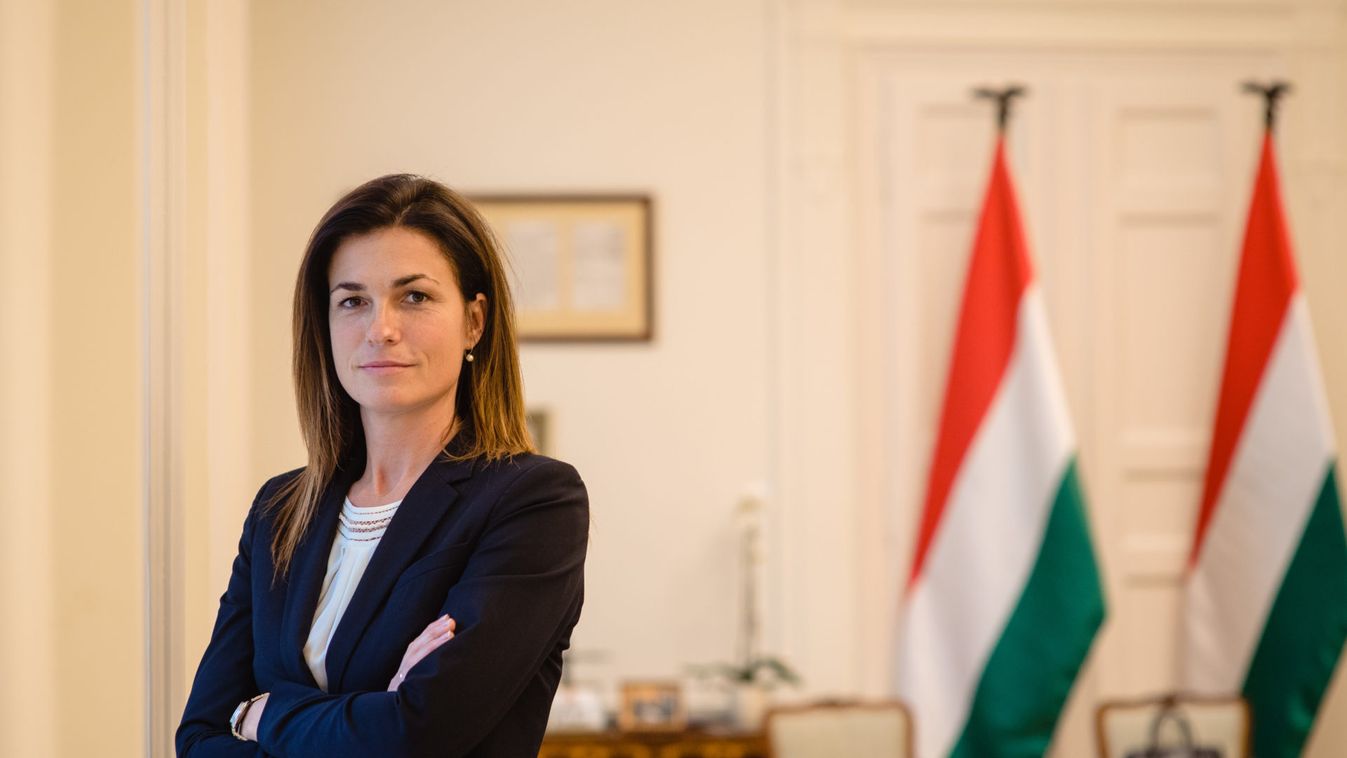


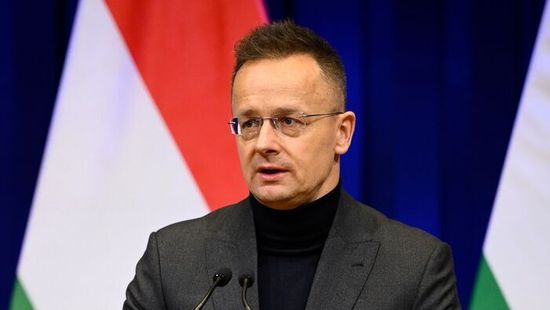









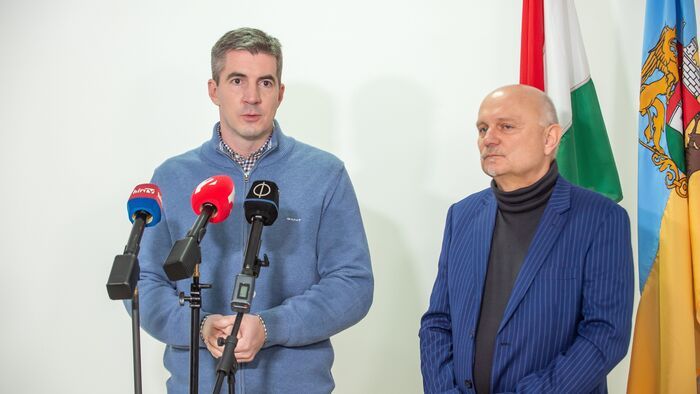



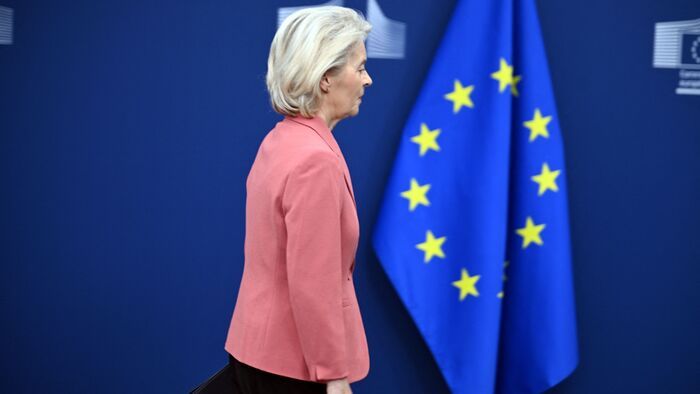


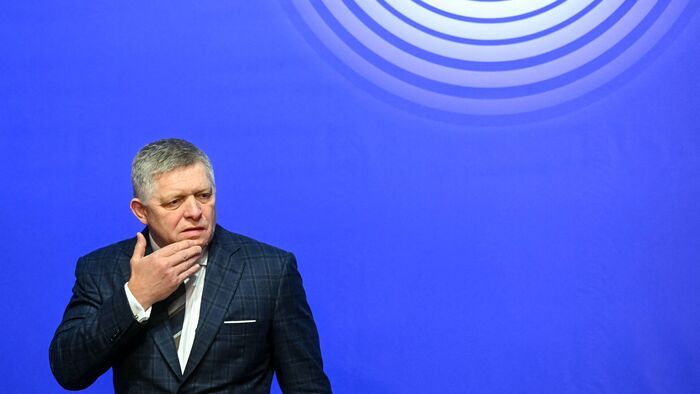


Szóljon hozzá!
Jelenleg csak a hozzászólások egy kis részét látja. Hozzászóláshoz és a további kommentek megtekintéséhez lépjen be, vagy regisztráljon!